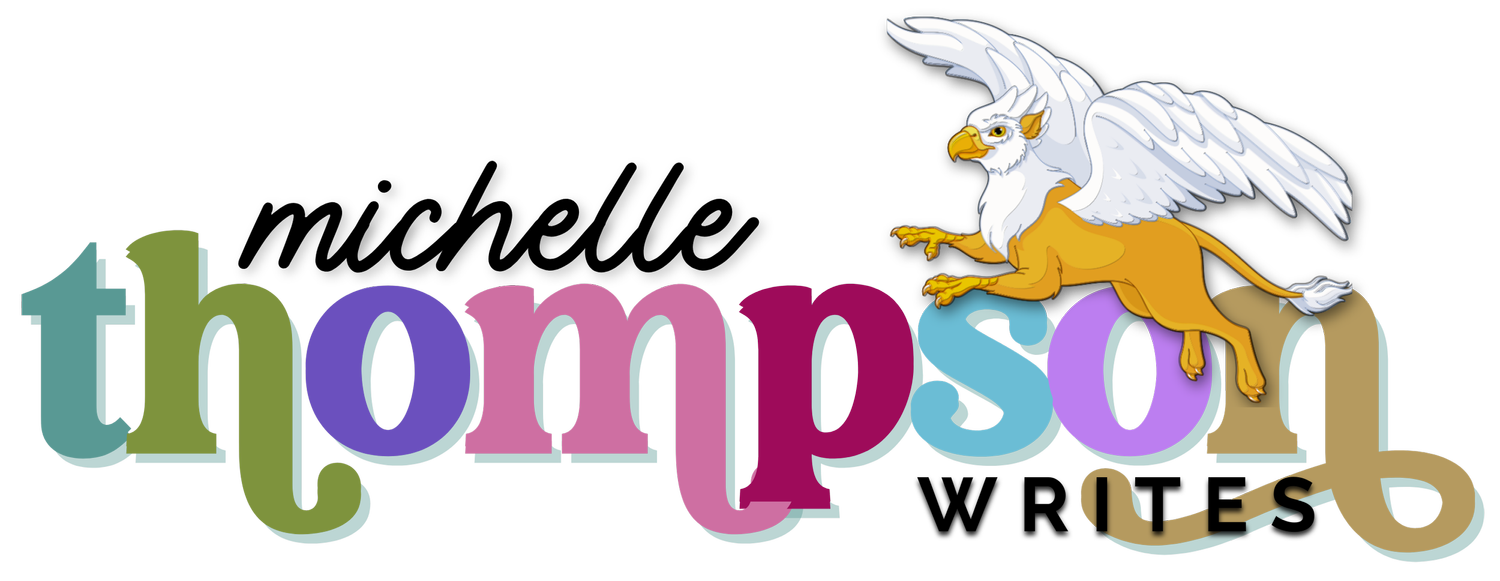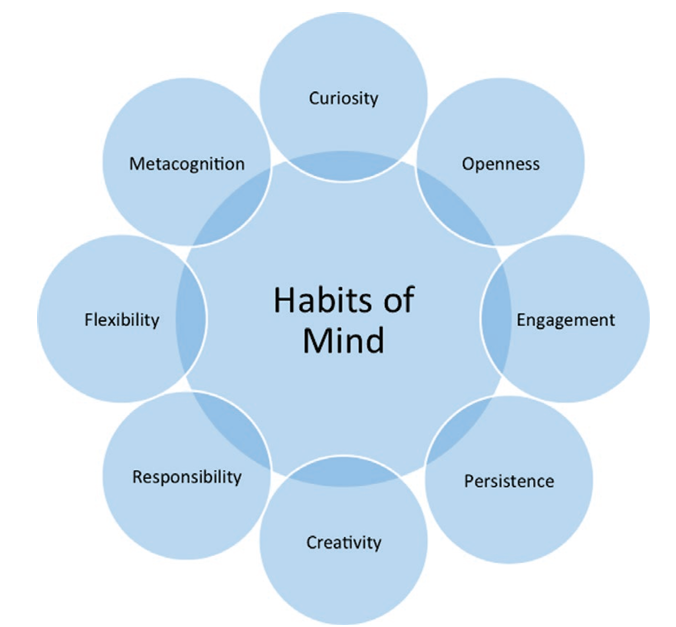Metacognition of a Writer
HOM for Adults and Writers
Today is 1st November. For many writers, that means starting the plod towards 50,000 words as a challenge. For me, it's been similar in some respects - I'm aiming for 60K, and managed over 2000 this afternoon after a busy morning. But my whole day was imbided by a stupid ephiphany I had about myself.
First thing this morning I received a writer's newsletter introducing me to a podcast featuring book coach, Dr. Bailey Lang. Between working towards my month's writing goals I took a shallow dive into Lang's recommendations. Lang typically works in non-fiction but their comments towards mindset sat well with me, as I muck up my own plans and intentions going forward and for 2026.
In various posts across the web I've found that Lang recommends the following 'Habits of Mind' focuses for writers:
Curiosity – the desire to know more about the world.
Openness – the willingness to consider new ways of being and thinking in the world.
Engagement – a sense of investment and involvement in learning.
Creativity – the ability to use novel approaches for generating, investigating, and representing ideas.
Persistence – the ability to sustain interest in and attention to short- and long-term projects.
Responsibility – the ability to take ownership of one’s actions and understand the consequences of those actions for oneself and others.
Flexibility – the ability to adapt to situations, expectations, or demands.
Metacognition – the ability to reflect on one’s own thinking as well as on the individual and cultural processes used to structure knowledge.
But here's what Beth Barany's email and podcast interview with Dr Lang says -
“So the habits of mind are: curiosity, openness, engagement, creativity, persistence, responsibility, flexibility, and metacognition. So that’s a whole lot of terms. Metacognition is typically the one where people go, huh? I don’t know what you’re talking about. So that’s the one that I wanna talk about. It is also one of the ones that I think is foundational to all the rest.”
– Bailey Lang
In my latest podcast conversation, "Bailey Lang’s Habits of Mind for Writers," I talked to book coach, editor, and ghostwriter Bailey Lang where we explored how neurodivergent writers can build sustainable writing practices.
Bailey's key insight: advice that works for someone else may not work for you.
If your brain needs both structure and novelty, you might set up a writing practice and then completely redesign it every three weeks.
That's not failure -- that's understanding what your brain needs.
The goal isn't to make your process look like anyone else's.
It just has to work for you.
This was my Ephiphany
Highlighted above are the two sentences out of Beth’s email which sat with me for hours.
You know those memes where somebody posts up an image meme - 'I was –today– years old when I realised...'. Well, today I was today years old when this late-bloomer realised that I operate exactly like that. My own ADHD brain requires both structure and novelty.
That's why I can't just plan out to solely write a book over days and weeks on end.
That’s why I can sit there one day, or five days, and write for 15 hours on the trot, but can’t sustain it the next day.
That’s why I can focus on listening to about six short stories shared in writing groups, but start fiddling and distracting myself with visions outside the windows on the seventh or eigth.
I discussed this remarkable ephiphany of mine with my husband over brunch this morning. Picture this - my face shows amazement and wonder at all of this understanding, and my husbands shows...'What the heck is she talking about? She's always been like that? How can she not know this about herself?'
He went on to give me obvious evidence on the subject of how I eat. We do meal planning each week, but he likes a few meals, repeated weekly or at least fortnightly. By about the third or fourth week of Saturday steak night (I have an iron deficiency to negotiate) I'm bored and requesting new meals on the agenda. Yet he'd gladly have the same for weeks on end.
So that's a metacognition which came as a late surprise but explains a lot for me. I pondered how I survived in the I.T. world for decades where my every hour was to do with structure, and then realised that my novelty was found in my external life - I was working at a time where I moved towns, met and married, moved 12,000 kilometers overseas, and had a baby. If there's no novelty in that, then what else?
My artmaking is my novelty outside of writing right now. But even with this metacognition of what I need to sustain my life, I have to take this new awareness into my writing plans for next year without enabling myself to jump out of writing projects important to me for the sake of novelty. Currently I am working with a timed writing approach, and then with instagram which needs images. And yes, my writing processes will change, probably every month or so. So don’t ask…
The other takeaway from the podcast is the very unremarkable advice that we all must be discerning over other writer's advice as much as it is given with good intentions. I am learning to do this, by also being conscious of my own processes and mental energy.
References
The definitions of the Habits of Mind comes from the Framework for Success in Postsecondary Writing,
Beth Barany's How to Write the Future Podcast (for science fiction and fantasy writers). Episode #176 where Dr Bailey Lang is interveiwed is available through normal podcast channels.
Bailey Lang’s website The Writing Desk
Note that Habits of Mind within Education can be different across levels of education. For example, here’s a page from Canberra Secondary Schools where slightly different traits have been selected for Australian high school students, also found in several other secondary school authorities in other countries. In contrast those above are for postsecondary or college education.
Here’s an interesting translation of Habits of Mind for visual artists.
A podcast chat between Bailey Lang and Mike Brennan from about a year ago, on the same topic of writing habits and creativity.

